Could an Australian government ever hand down a budget that recorded credible surpluses over the entire forward estimates?

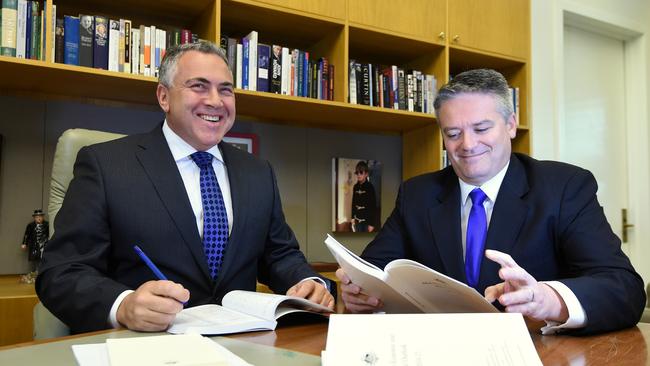
Indeed, Jim Chalmers claims the recent budget was tough but also responsible.
But by setting out average spending figures across six years, rather than the normal four, the federal Treasurer was gilding the lily by claiming more spending restraint than is likely to eventuate.
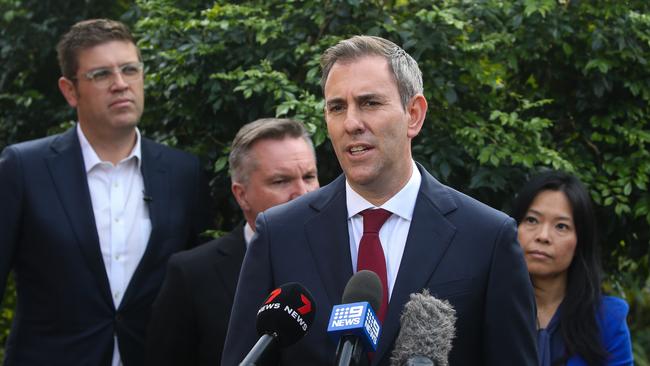
His other claim that he was returning a much higher portion of the revenue surge to the budget bottom line was a semantic fiddle. According to him, the awarding of substantial pay rises to aged-care workers was not a policy decision but rather a ruling of the Fair Work Commission. The reality is that the government had actively supported this outcome, before and after the election. Chalmers will return around the same portion of unexpected revenue as his predecessor, Josh Frydenberg, did.
Notwithstanding the small budget surplus recorded this financial year, it is estimated that there will be a deficit in the next four years amounting to $114bn in total, which in turn will need to be borrowed. It’s hard to square these numbers with a tough budget.
Of course, judged by recent times, the Coalition can’t claim to have the capacity to hand down tough budgets either. When it did have the chance to record a budget surplus in 2018-19, it simply fluffed it. Calling for new spending initiatives just when the budget was being finalised sealed that outcome.
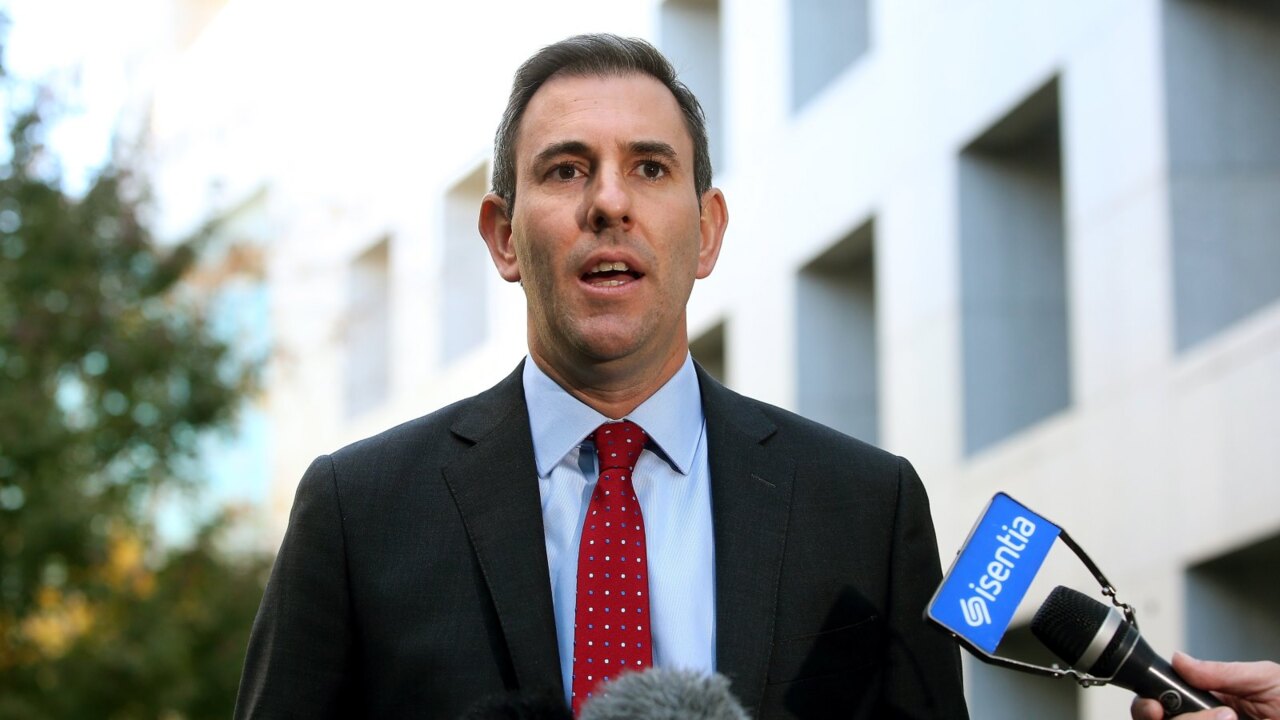
There are two ways of answering the question of whether tough budgets are possible. The first is to ask what is in it for governments to hand them down, ones that record a surplus with tight controls on both spending and taxing. The second way is to analyse instances of governments attempting to do just that and outline the consequences.
In relation to the incentives that drive governments, it’s important to bear in mind that they are dealing with “other people’s money” here. As a result, the care and diligence that is usually applied to spending one’s own money can easily go missing.
What are the examples of tough budgets being handed down in Australia? These types of budgets are often referred to as “horror budgets”, reflecting the way the media typically describes them.
The Keating-Walsh period in the late 1980s is an example of a series of tough budgets that set Australia on a more sustainable fiscal footing, at least for a while. (It is interesting how these footings can be quickly blown away, mind you.)

Following on from Bob Hawke’s veto of a consumption tax – this would later become the GST – Paul Keating as treasurer, with the full support of finance minister Peter Walsh, delivered three budget surpluses in a row, taking $90bn (around $230bn in today’s money) out of the spending side of the ledger. This was a truly astonishing achievement, in part driven by Walsh’s intransigent stance and his indifference to personal popularity.
Sadly, disciplined budget management was not to last and when the Coalition government assumed office in 1996, the treasurer, Peter Costello, was faced with a substantial budget repair task. His first budget was particularly tough. When the Coalition left office in 2007, the entire government debt had been paid off – and more. As for the claim that Costello was able to do the hard budget yards because of high commodity prices, in fact the terms of trade were far lower than they are today and the iron ore price was only $13 a tonne at the end of the period.
The message of the Costello period is that consistent communication matters a great deal: the public was on board about the need to rein in debt and deficits.
While there were constant calls for new programs and more spending – versions of the National Disability Insurance Scheme and Gonski school funding were around in Costello’s day – it took a degree of stubbornness to reject them as well as point out that both disability and school funding should be the responsibility of state and territory governments.
The classic case of the failure of a tough budget was 2014, handed down by then Treasurer Joe Hockey, a member of the newly elected Coalition government. After the Labor years of failing to deliver a surplus, the Coalition had promised to repair the fiscal situation quickly by delivering consistent surpluses. What Hockey underestimated was the degree of co-operation he would receive from the Senate.
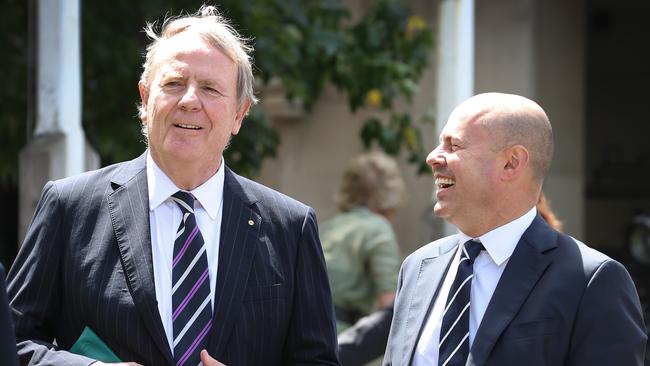
There was a huge number of controversial measures contained in the 2014 budget and many of them caught voters off guard. These included cuts to or abolition of many government agencies, restrictions to Family Tax Benefits, lower indexation of the Age Pension and an increase in the rate of petrol excise.
A centrepiece was the $7 co-payment for GP and other medical services, although this would be limited to 10 visits a year for pensioners and children under 16. A temporary budget repair levy of two percentage points was to be imposed on those on incomes of $180,000 a year.
In the eventual wash-up, virtually none of these measures survived, although the Senate did pass the income tax surcharge. The deficit for 2014-15 was recorded at $38bn, down from the previous financial year of $48bn.
The widely formed media opinion of the tough 2014 budget was that it was a disaster, both economically and politically. Too many measures, too many surprises and insufficient spadework to make the case for the changes. There were so many losers that there were very few left to offer any support. From that point, the Coalition opted to make only small fiscal gains each year until the pandemic struck and the budget taps were turned on full bore. Even though the pandemic restrictions have been lifted, the size of government as measured by spending as a proportion of gross domestic product is still a full two percentage points higher than it was.
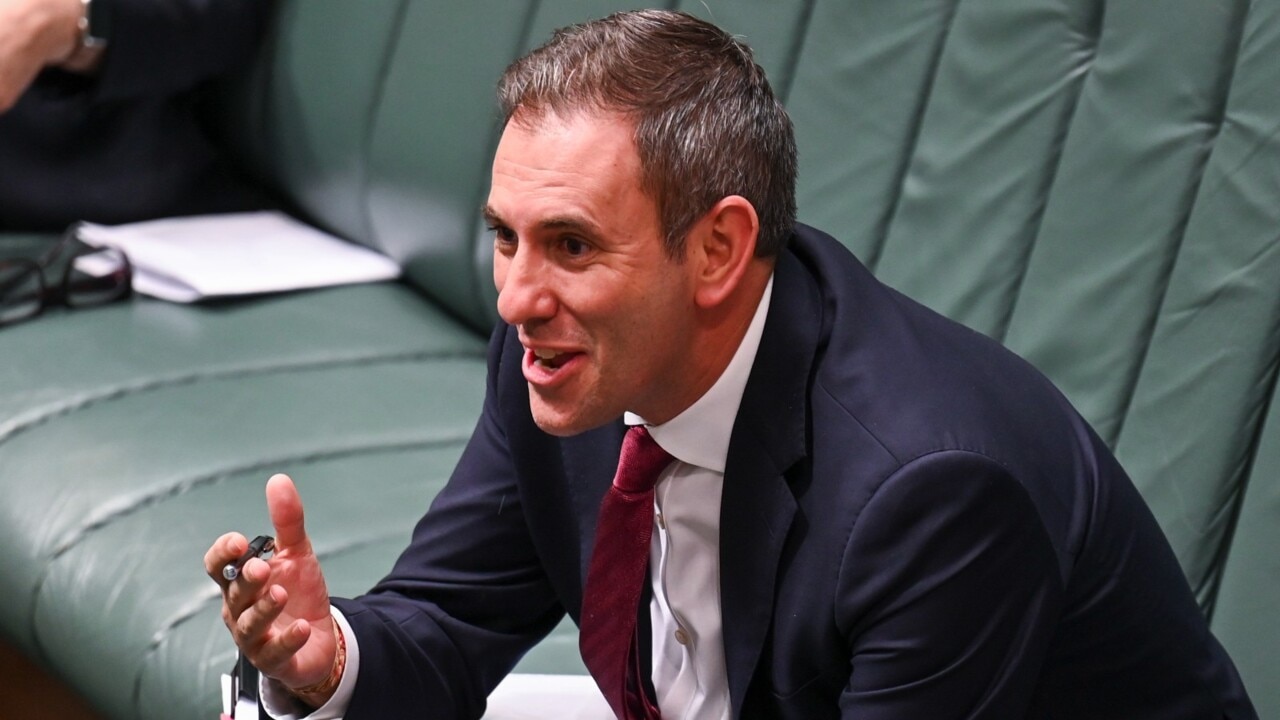
A central problem is that higher spending and new programs are generally one-way streets: it is almost impossible for governments to take away benefits already granted. There is also the complication of large portions of spending being legislated. Unless laws are altered, spending increases are unavoidable.
Could an Australian government ever hand down a budget that recorded credible surpluses over the entire forward estimates? Given the benefit of our current high terms of trade, it should be possible. But recent experience – most particularly, the 2014 budget – points to an answer in the negative. Short of a major meltdown in bond markets, it’s difficult to respond in any other way.



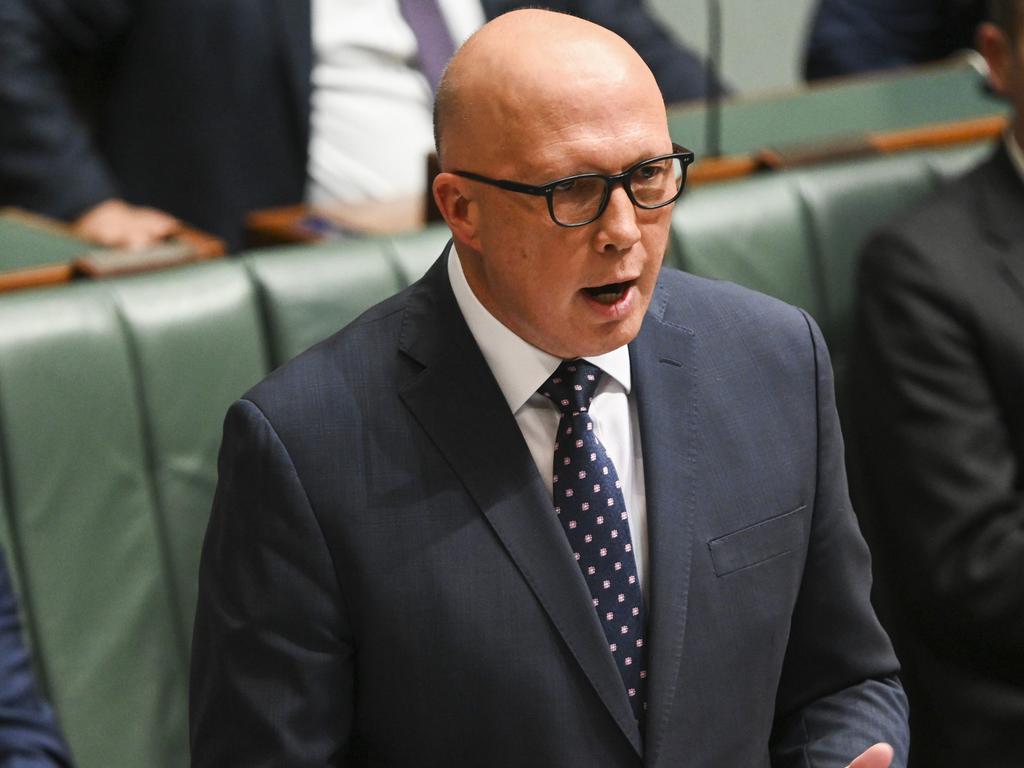



Is an Australian government capable of delivering a tough budget? This is an important question because the speed of achieving lower inflation is assisted by tight fiscal policy. Aggressive budget repair is also required when government debt is excessive and needs to be paid down.